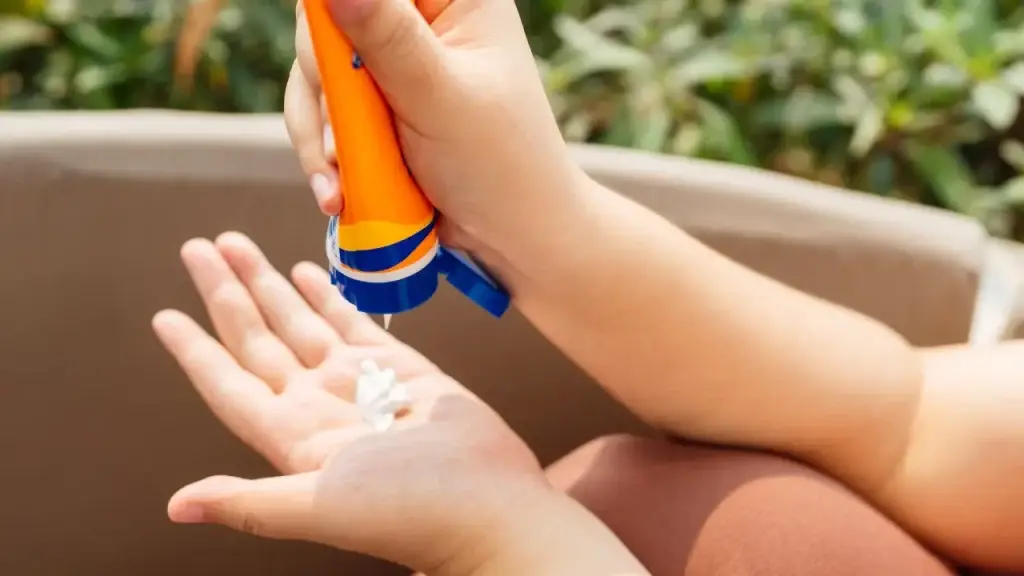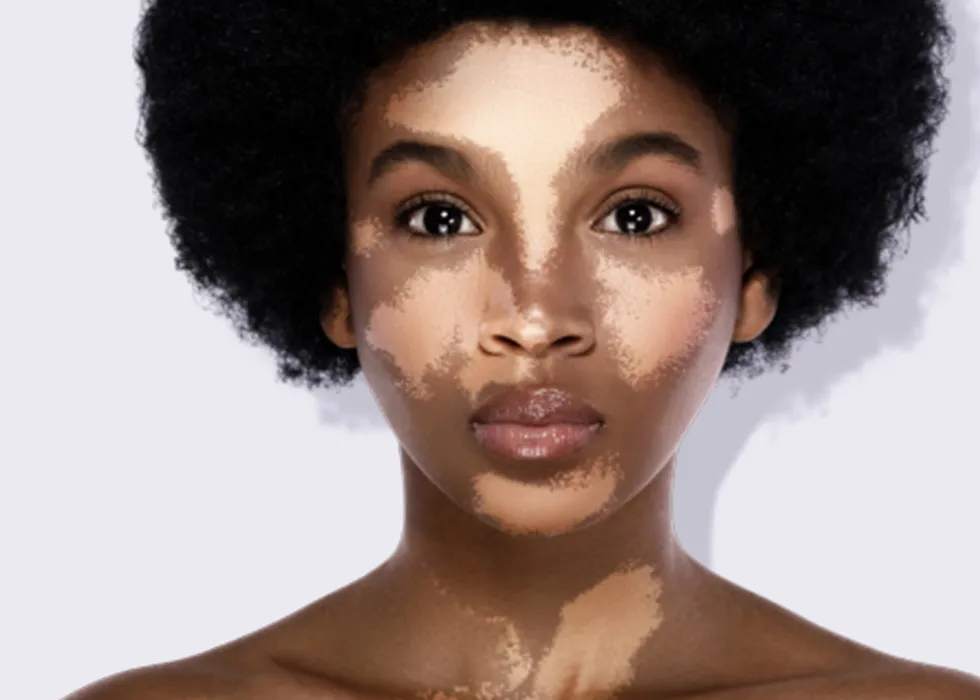Ensuring that your skin is adequately protected from the potentially harmful rays of the sun is paramount in maintaining your skin health and preventing conditions like sunburn and skin cancer. It’s essential to approach sun protection with accurate knowledge, avoiding misconceptions that could inadvertently jeopardize your well-being. The significance of robust sun protection cannot be overstated, especially considering the harsh impacts that prolonged ultraviolet (UV) exposure can have on the skin. Myths around sunscreen and sun protection have been long circulating, occasionally steering individuals away from effective sun-care practices. Let’s debunk some of these widespread myths to pave the way for sun-safe adventures.
A thorough understanding of sunscreens, their application, and the underlying facts and fictions helps in crafting a reliable sun protection strategy. Your adventurous days under the sun, whether at the tranquil beach or the rugged mountain trails, deserve to be relished without the looming concern of skin damage. By equipping yourself with verified information and a bottle of good-quality sunscreen, you empower yourself to enjoy the outdoors, all while being shielded from the detrimental UV rays. Let’s explore some common myths to fortify our approach towards consistent and effective sun protection.
Myth 1: Cloudy Days Nullify the Need for Sunscreen.
Fact: Contrary to popular belief, UV rays can effortlessly penetrate through clouds, exposing your skin to potential harm even on overcast days. Thus, applying sunscreen remains essential regardless of the visible presence of the sun.
Myth 2: Darker Skin Doesn’t Require Sunscreen.
Fact: While it’s true that darker skin possesses more melanin, providing some level of natural protection, it doesn’t render it invincible to sunburn or skin cancer. Sunscreen remains a non-negotiable for every skin tone to ensure optimal protection.
Myth 3: I Can Skip Sunscreen in the Shade.
Fact: While shade does provide a degree of protection, UV rays have the capability to bounce off various surfaces like sand and water, still posing a risk even in shaded areas. Therefore, sunscreen application is imperative even when you’re cooling off under the shade.
Myth 4: A High SPF Is Better, No Matter What.
Fact: While a higher SPF provides more protection, it’s important to note that SPF 30 blocks approximately 97% of UVB rays, while SPF 50 blocks about 98%. The difference is minimal, and proper application and reapplication every 2 hours are more critical.
Myth 5: Sunscreen Only Needs One Application per Day.
Fact: Sunscreen loses its efficacy over time and with factors like sweating, swimming, or rubbing against clothing. Ensuring that you reapply every two hours, or more frequently when in water or perspiring, is key.
Myth 6: I Should Use Sunscreen Only on My Face.
Fact: Sunscreen should be applied to all exposed skin, including your ears, neck, chest, arms, and legs. Neglecting these areas leaves them vulnerable to sun damage.
Myth 7: All Sunscreens Are Harmful and Full of Toxins.
Fact: Sunscreen ingredients are subject to rigorous safety testing. While concerns have arisen about specific chemical filters, mineral sunscreens with zinc oxide or titanium dioxide are generally considered safe and less likely to cause skin irritation.
Myth 8: Tanning Beds Are a Safe Way to Get a Tan.
Fact: Tanning beds emit UVA and UVB rays, both of which can damage your skin and increase your risk of skin cancer. There’s no safe way to get a tan from a tanning bed. Using self-tanning products or sprays is a safer alternative for achieving a tan without the harmful UV exposure.
Myth 9: Sunscreen Will Make Me Vitamin D Deficient.
Fact: While sunscreen can reduce the skin’s production of vitamin D, it doesn’t block it completely. Most people get enough vitamin D from small amounts of sun exposure, their diet, and supplements if necessary. Protecting your skin from harmful UV rays should be a priority to prevent skin damage and skin cancer.
Myth 10: Sunscreen is Only Needed at the Beach or Pool.
Fact: UV rays can affect you anytime you’re outside, not just when you’re at the beach or pool. Even everyday activities like walking your dog, gardening, or driving expose you to UV radiation. Make it a habit to apply sunscreen daily to protect your skin.
Adventuring under the sun should be joyous and carefree, yet be mindful of the silent risks that UV exposure poses. Equip yourself with the right sun protection knowledge, choose appropriate sunscreens, and apply them generously and frequently.





